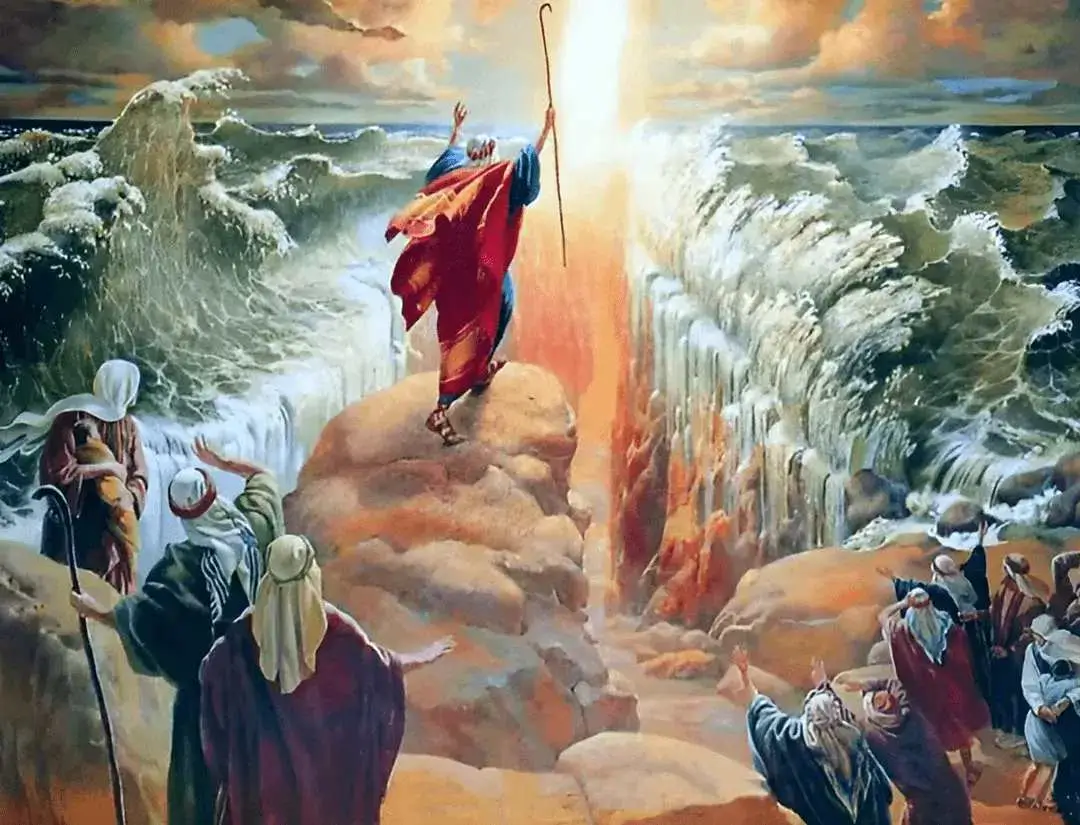Language
 Directory
Directory
1 Kings
Jezebel

1. Jezebel is a figure from the Bible, particularly in the Old Testament, and she is known for her prominent role as queen of Israel and her wickedness. Her story and significance revolve around her idolatrous practices, manipulation, persecution of prophets, and eventual downfall.
2. Jezebel was the daughter of Ethbaal, the king of Sidon, a region located in modern-day Lebanon. She married Ahab, the king of Israel, which created a political alliance between the two kingdoms. However, Jezebel brought with her the worship of Baal, a Canaanite god, and actively promoted this idolatrous religion among the Israelites.
3. Under Jezebel's influence, the worship of Yahweh, the God of Israel, was undermined. Altars and temples dedicated to Baal were erected throughout the land, and Jezebel employed prophets and priests of Baal to lead the nation astray. She sought to replace the worship of Yahweh with the worship of false gods and goddesses.
4. Jezebel's actions were not limited to promoting idolatry. She also engaged in political schemes and manipulation to consolidate power. For example, she orchestrated the murder of Naboth, a righteous man who refused to sell his inherited vineyard to Ahab. Jezebel used false witnesses to accuse Naboth of blasphemy, leading to his execution and enabling Ahab to seize his land.
5. Furthermore, Jezebel persecuted the prophets and followers of Yahweh, seeking to eliminate any opposition to her reign. Many were executed, and those who survived went into hiding. One notable incident was when Elijah, a prophet of Yahweh, confronted the prophets of Baal on Mount Carmel. Jezebel's prophets were challenged to call upon their god to consume a sacrificial offering with fire. Despite their fervent prayers and rituals, Baal remained silent, while Yahweh demonstrated his power and consumed Elijah's offering with fire. This event exposed the false nature of Jezebel's religion and led to the execution of Baal's prophets.
6. Eventually, Jezebel's wicked rule came to an end when Jehu, a commander in the Israelite army, led a revolt against her and Ahab's dynasty. Jehu entered Jezreel, where Jezebel resided, and ordered her eunuchs to throw her out of a window. Jezebel's body was trampled by horses, fulfilling the prophecies of her demise.
7. The significance of Jezebel's story lies in its portrayal of the dangers of idolatry, corruption, and abuse of power. Jezebel's introduction of pagan worship led to the erosion of Israel's faith and the persecution of God's prophets. Her manipulation and self-serving actions demonstrated the destructive consequences of unchecked ambition and the pursuit of personal gain at the expense of others.
8. The downfall of Jezebel symbolizes divine judgment upon those who forsake true worship and righteousness. Her story serves as a warning against compromising one's faith and the importance of staying true to God's commands. It also highlights the faithfulness of God, who ultimately brings justice and retribution to those who perpetrate evil.
9. The name "Jezebel" has since become synonymous with a wicked and manipulative woman, serving as a cautionary symbol throughout history. As such, the story of Jezebel continues to hold significance in religious teachings, literature, and cultural references to this day.




 Previous
Previous







